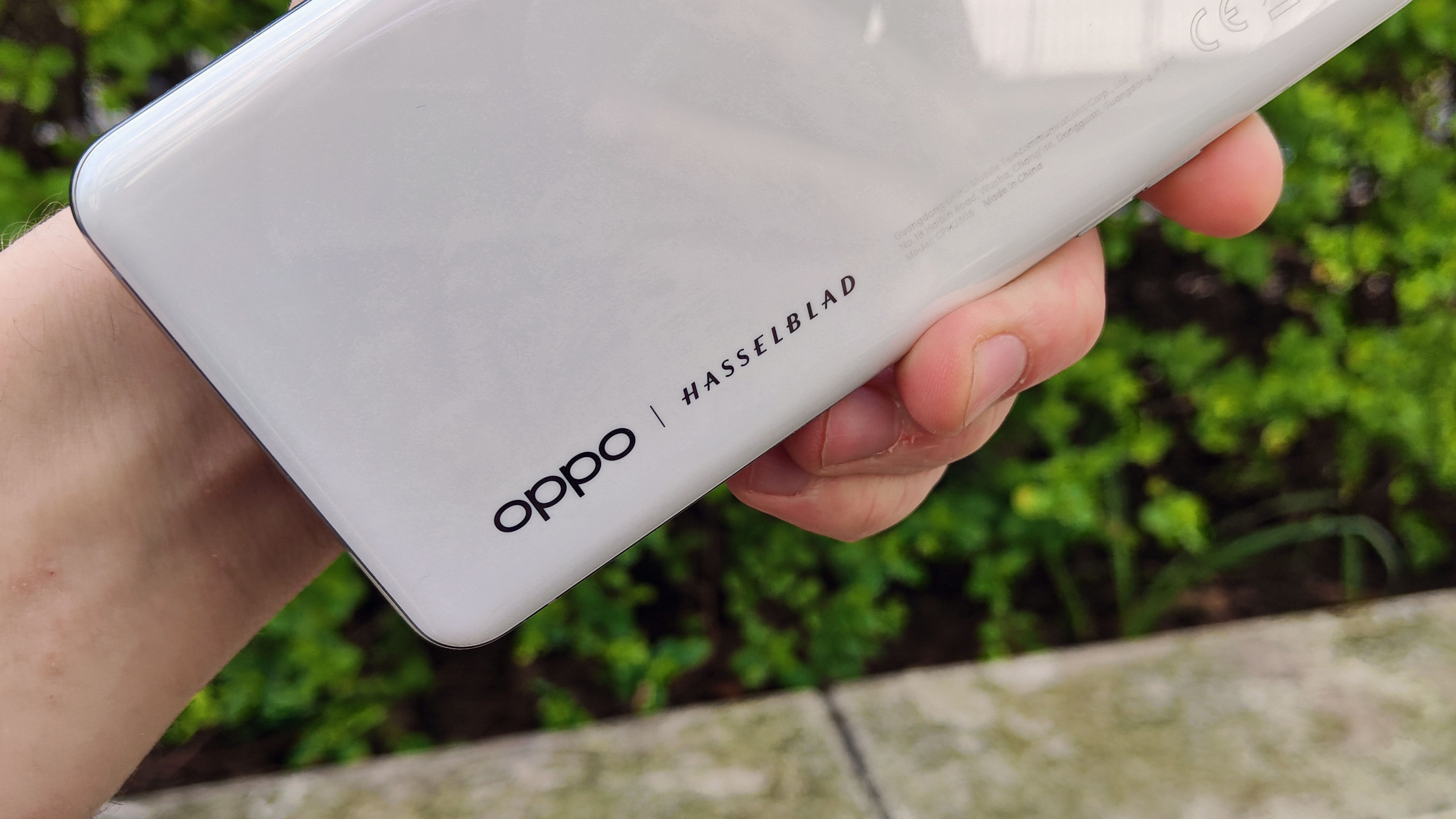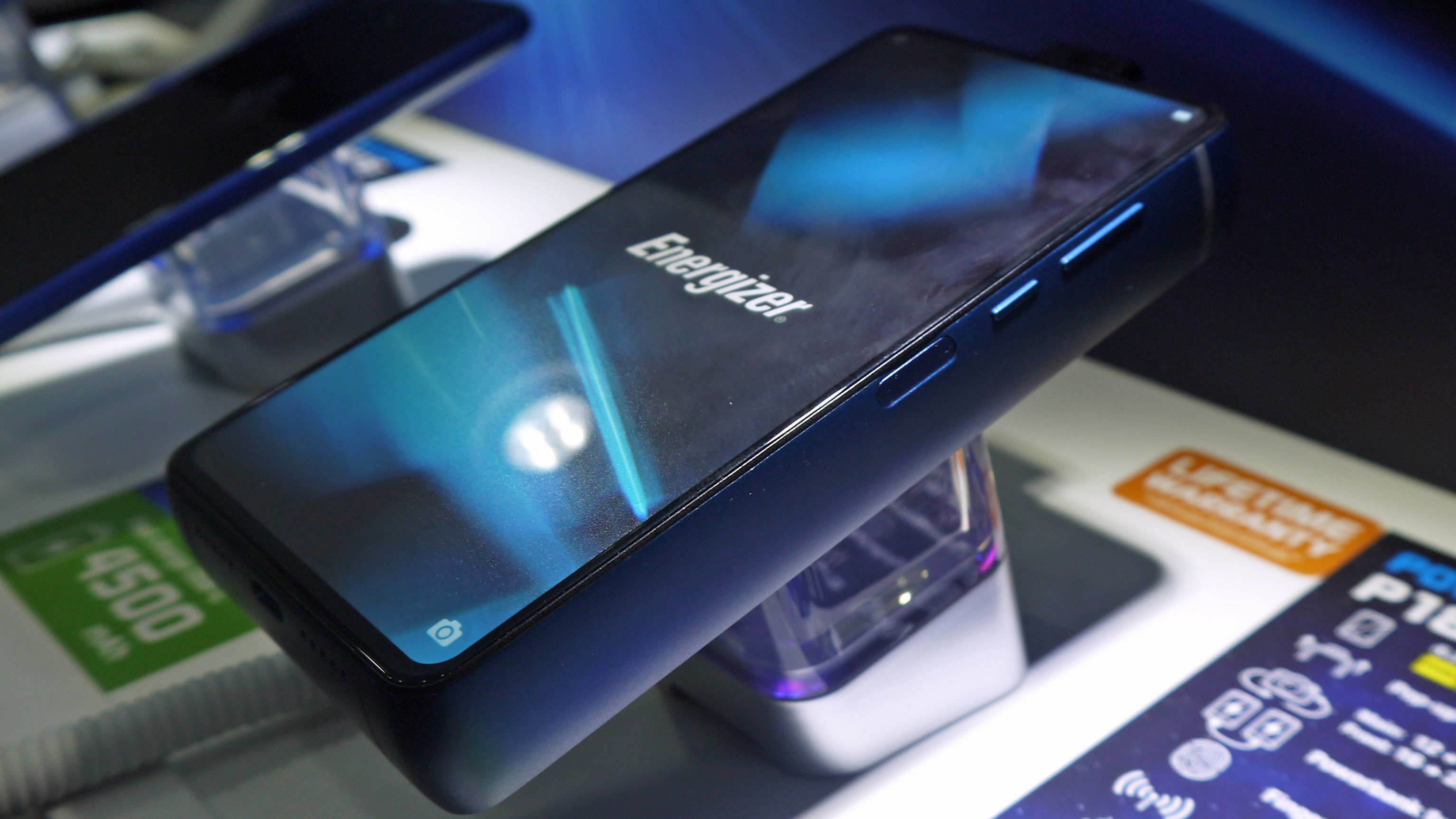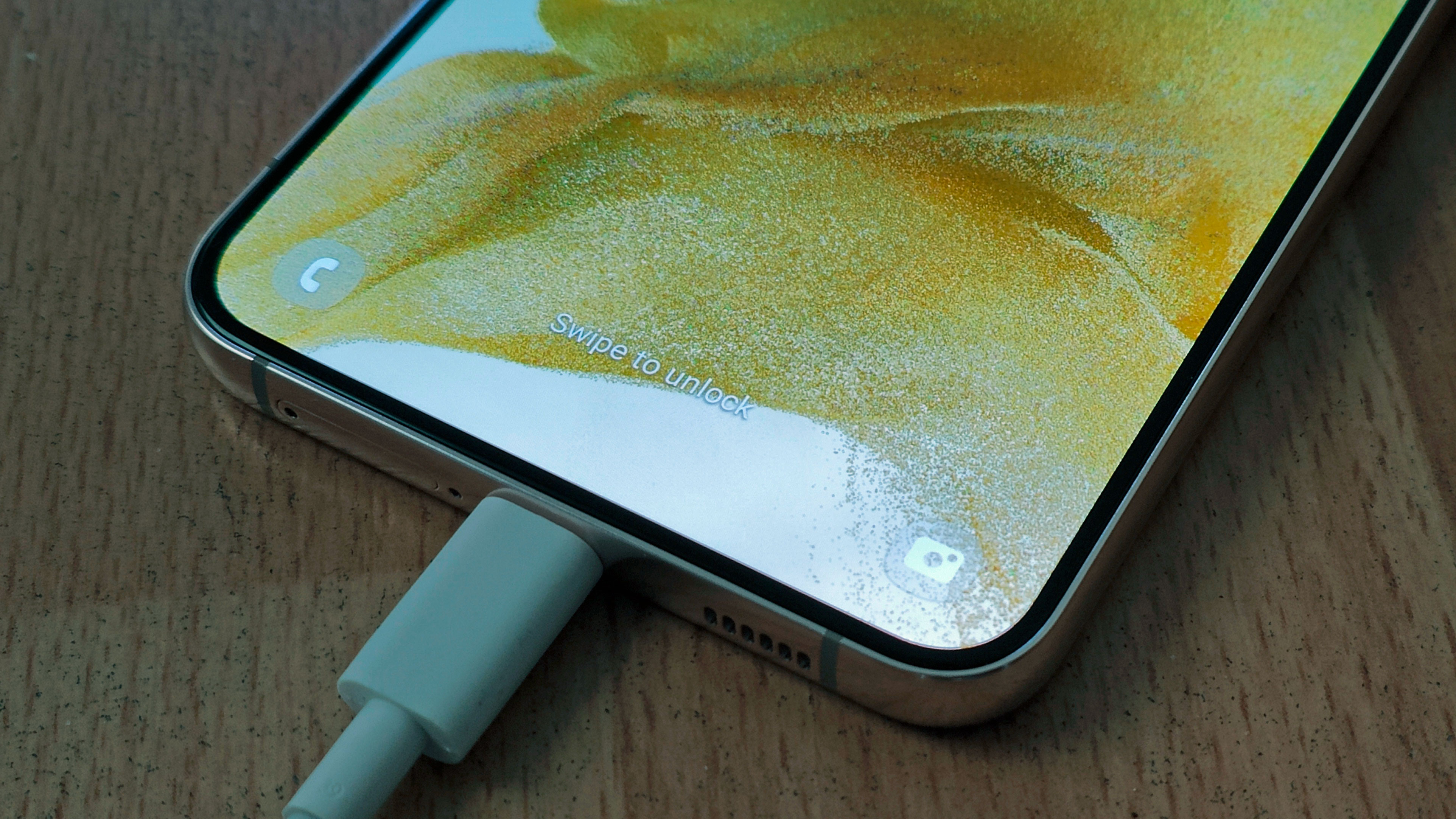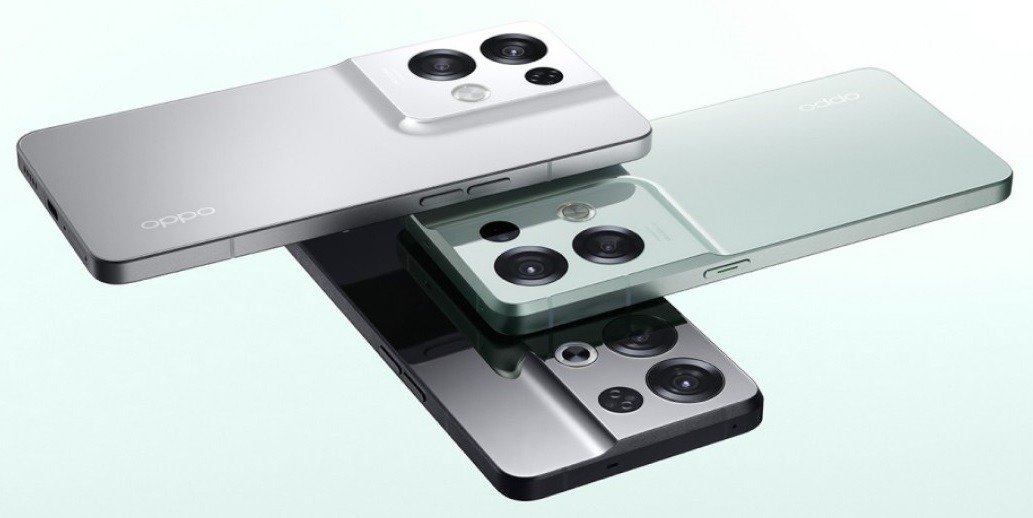Future phones could charge in just one second, according to Oppo
But there's a long way to go

Sign up for breaking news, reviews, opinion, top tech deals, and more.
You are now subscribed
Your newsletter sign-up was successful
If you took a time machine back just five years, and told someone "soon, smartphones will charge in 15 minutes," they probably wouldn't believe you, content as they were with their daily overnight charges.
In the last few years, though, and especially in 2022, we've seen a surge in the number of phones with super-fast charging features. Brands are tripping over each other to offer 66W, 80W, 120W, or even 150W, each of them cutting minutes off the charging time of the most popular Android phones.
But some phone fans are hesitant, and not without reason - fast charging has a wealth of drawbacks, like the damage it does to battery health, or the risks of overheating and damaging a phone.
Are you right to be worried, though, and do phones charge quick enough now, or will it get even faster? To answer these questions, we spoke to Edward Tian, the head of the Charging Technology Lab at Oppo, a popular Chinese smartphone company, ahead of the launch of the Oppo Reno 8.
The Oppo Reno 8 and 8 Pro are set to debut the brand's Battery Health Engine, a feature designed to optimize charging and battery use to ensure the phones last much longer, and the thought process behind it was the subject of the interview.
Fast charging: good or bad for your phone?
When lots of people think about fast charging, they imagine a serious trade-off. They picture phones that lose battery health quickly, that can get super hot, and that have lower battery lives to compensate for the fast charging. In other words, high wattage can be seen as a poison chalice.
And that's not always incorrect - lots of the devices we've tested at TechRadar with quick powering speeds also have poor battery lives, and lose the ability to retain charge quicker than other devices.
Sign up for breaking news, reviews, opinion, top tech deals, and more.
Tian doesn't disagree with this judgment, or at least the poor battery life part of it, confirming "fast charging can result in bigger battery sizes because, to charge faster, you need to use battery cells with a higher C-rate, which leads to lower energy density." And unless brands want their phones to resemble the chunky Energizer mobiles of old (pictured below), they'll therefore need smaller capacities.

However now, several years on from when phones started bumping the charging speeds from 18W and 25W to much, much higher, brands have started to understand how best to utilize the feature. As Tian says "fast charging is only meaningful when the battery life is solid." So as Oppo uses quicker charging on its phones, it's also looking to improve battery use too.
Tian highlights the "efficient MediaTek chipset and customized software optimizations" in the Reno 8 phones as key ways that the devices maintain long-lasting batteries despite having 80W charging.
While we haven't tested the Reno 8 yet, we have noticed from testing many Android phones that MediaTek-touting devices often have great battery lives. Take that observation with a pinch of salt though, as there are many, many other factors that affect a phone's battery life, and you'll have to stay tuned for our full review of the new Oppo phones to see if this pans out.
But it's clear, at least, that Oppo is aware of people's attitudes to fast charging phones, and is looking to address that.
While battery size is an important factor for smartphones, battery health is a vital one - this is a device's ability to retain a high maximum capacity over time. Even if your device has the biggest battery in the world, if it loses health quickly, you'll soon only be able to power it to a fraction of its original capacity.
That's something else that Tian addressed in our talk, telling us that charging tweaks were made to ensure the phone wouldn't exert itself unnecessarily, "simply speaking, the Battery Health Engine can help the battery to maintain its most comfortable status while charging, just like we do things at a comfortable pace without rush".

Apparently, "the Oppo Reno 8 series is up to two times more durable than even phones with a slower charging speed." That's a bold claim, with 'up to' doing lots of heavy lifting, but it's clearly something that Oppo is looking to address in its devices.
The future of fast charging
In recent years, we've seen the term 'fast charging' jump, from being attached to 18W chargers, to ones monumentally faster. Earlier in 2022, Oppo unveiled 150W fast charging tech, which was later used in the OnePlus 10T made by its sister brand.
We also saw, in the middle of the year, the launch of the Realme GT Neo 3, which also had 150W charging (and also came from another of Oppo and OnePlus' sister brands - long story!).
Now, you can charge a phone in just 15 minutes. But where does it end? We asked Tian if Oppo would ever consider its fast charging tech 'finished', and if it'd ever reach a speed that was fast enough. Short answer? No.
"As a technical engineer in the fast-charging field, for me, my work is to break limits. We will continue to explore until one day phones can be fully charged in one second."
One second! Imagine that - plugging in your phone and immediately unplugging it, as it'd have enough power to last a day. It sounds like a futuristic prospect, and of course it (probably) won't be a reality for a long time now. But as a goal for an engineer, it's an admirable one.
However, Tian points out that it's not as easy as just turning the 'fast charging' dial up to 11.
"Increasing the charging speed is not the most challenging part [of this one-second goal]. To bring a good fast charging experience to users, we have to take more aspects into consideration, such as safety, charging temperature, the energy density of the battery cell, the size of the charger, battery lifespan, etc."
All that goes back to what we covered in the first section of this interview - as well as fast charging tech, brands need to work on software optimizations, efficient chipsets, space-savvy batteries and more, to ensure this one-second charging phone actually lasts for more than a second before you need to plug it in again.
That's why we say that this super-fast-charging future could be a way away.
What's a good way to charge your phone?

Since we had a battery expert on the line, TechRadar decided to plumb the depths of his knowledge, for some advice on how you can keep your own phone lasting longer.
So what's the best way to charge your phone? Well, we didn't ask that - we actually asked what the worst way was. And we got an answer:
"Some users like using the smartphone at high temperature, and keeping the battery at 100% or 0% for a long time [which] could damage the battery's health."
You heard it here - when your phone is fully charged, unplug it, and if you ever reach 0% power, make sure to plug in your device quickly.
The comment on using your phone at a high temperature is interesting, as phones - especially ones with powerful chipsets - can heat up very quickly when they're charging, as well as when they're left in direct sunlight, or have to do intensive processes like gaming or high-res videography.
So maybe, to keep your phone lasting longer, you should avoid using the thing if it's too hot. Let it cool down for a bit.
But that got us thinking - have people's charging habits changed over time, especially with the advent of fast charging? And according to Tian, they have.
"Before, most users were used to charging their phones during the night, but now we have witnessed a change in user habits. [With fast charging] most users tend to charge their phones in fragmented time. Most users unplug phones after around five or 10 minutes since it requires so little time to charge the device."
So charging little and often has become the norm for powering up devices - and judging by Tian's previous advice, this seems like a smart thing, as it reduces the likelihood of overpowering your device.
While smartphone trends change, with user habits always evolving and progressing, there's always one key thing that everyone wants from their smartphone, and that's solid battery life. Even the best smartphone out there becomes redundant if it doesn't last for a long time, and hopefully, with this advice, your mobile will keep ticking longer.

Tom Bedford is a freelance contributor covering tech, entertainment and gaming. Beyond TechRadar, he has bylines on sites including GamesRadar, Digital Trends, WhattoWatch and BGR. From 2019 to 2022 he was on the TechRadar team as the staff writer and then deputy editor for the mobile team.